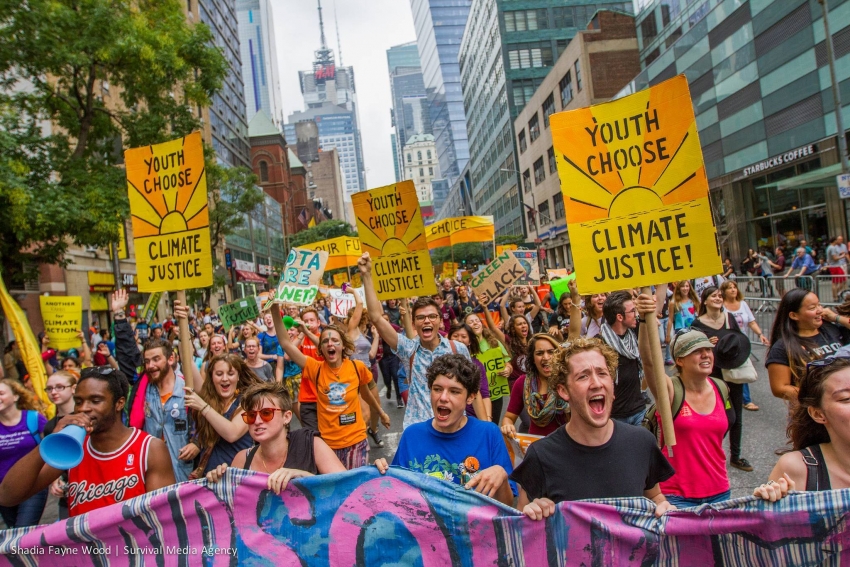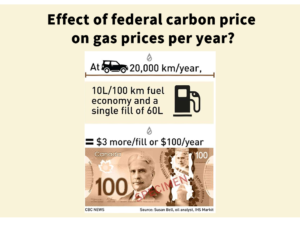LASER TALK: Millennials, elections, and climate change The rising number of Millennial voters means a growing shift towards more progressive values. In fact, without millennial support, political aspirations of any politician or party can only go so far. According to a recent Abacus report, by 2019, all Millennials – those born between 1980 and 2000 – will be eligible to vote. For the first time in decades, Baby Boomers won’t make up the largest electorate in 2019. It will be Millennials, who are now the largest generation in Canada, comprising more than 25 percent of the population. What does this mean for Canada’s political parties? According to Abacus, younger, more progressive voters are focusing on issues of education, jobs and the environment. In the 2015 study, ‘Canadian Politics: A Generational Divide?,’ Bruce Anderson and David Coletto found that 84 percent of millennials claim they are not firm on their vote, with about 50 percent saying they have a minor leaning towards one party. A political party that fails to offer compelling solutions to solve our most pressing environmental problems, including climate change, will be hard pressed to impress this vital demographic. A rising fee on carbon applied upstream with 100 percent of dividends returned to Canadians offers an effective solution to reduce greenhouse gas emissions while stimulating important rising sectors in our economy – such as clean energy, which employs tens of thousands of Canadians, 20 percent of whom are under the age of 30. Photo Credit: 350.org






